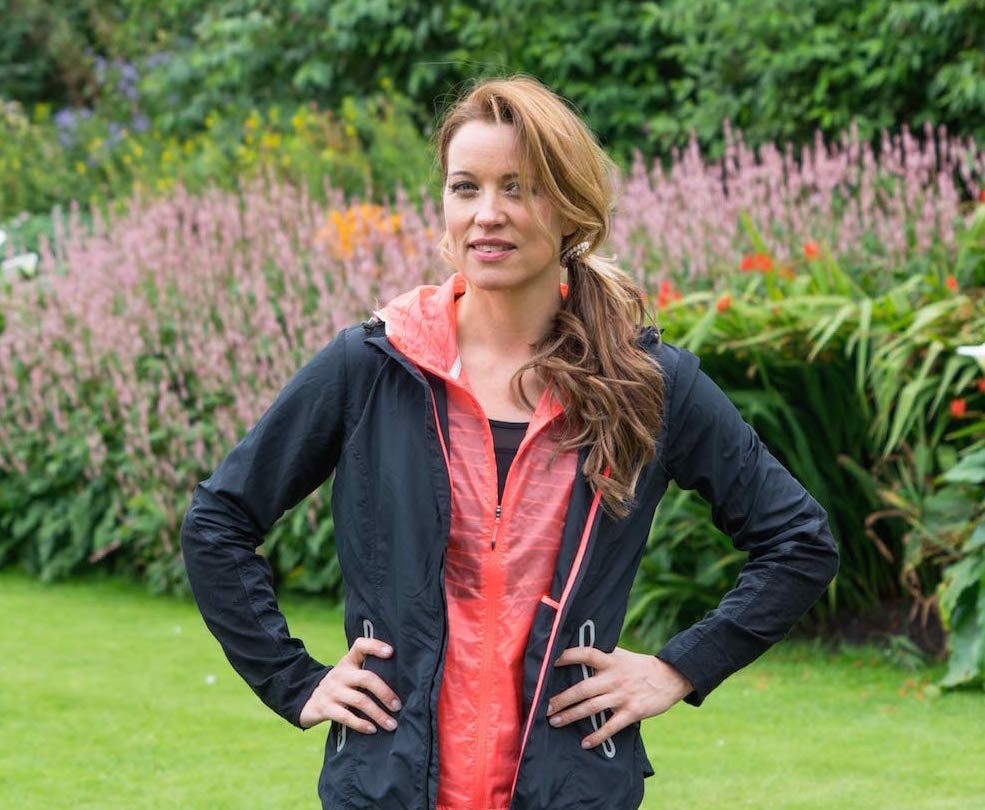Read Amanda's top tips on menopause nutrition as seen in Vogue magazine.
The hard truth is that the usual positive steps you’ve been accustomed to will no longer deliver the same results as you enter your 40’s and travel towards your 50s and beyond.
It’s easy to think it’s all about oestrogen or that taking HRT is a panacea. The truth is that all systems of a woman’s body, and all these changes, are interconnected. Take action, or fail to, in a particular area, and it will affect all the others. So, a wholesale approach is needed.
Start with sleep, as that will be under threat. A lack of sleep drives up an appetite for carbs and quick-fix sugars. What’s more, disturbed sleep can diminish your insulin sensitivity, the net result being that you are also more likely to store fat around the middle and impact overall metabolic health.
Sugar intake has to drop much lower than most women realise. Instead of calories, you must manage your blood sugar or flatten your glucose spikes. This helps with mood, energy, and gut health (which then impacts wider health), reduces inflammation (thus often reducing aches and pains) and even reduces hot flushes for some women. Sugar also accelerates skin ageing. There's no point investing in collagen supplements without first reducing sugar; remember that alcohol is sugar too! I tell my clients that when they are eating foods from a packet, to ensure it contains less than 5g per 100g of sugars - this is shown as the ‘carbohydrates, of which sugars’ on a label. Often, there’s a need to take the percentage of carbohydrates down overall, too, although that’s dependent on the individual.
There’s a need to focus on the quality of protein and likely increase intake a little as a decline in oestrogen is associated with a decline in muscle mass.
Caffeine interferes with sleep and can trigger hot flushes. Cut caffeine or reduce the caffeine window to around 10 am to 1 pm. Avoiding the wake-up jolt from caffeine means a woman becomes more aware of her waking energy, so pushing it back can be helpful.
Fermented dairy is a good option to include, unflavoured calcium-rich kefir being the best option. It’s a way to boost your protein intake without the sugar - fermentation means the sugars are ‘eaten up’ by the bacteria - whilst also helping with gut and bone health. Bone health needs a more holistic approach than just calcium though. Reducing salt is important as it can interfere with the balance of calcium in the body by affecting the absorption of calcium and increasing the amount lost in the urine. Vitamin D levels are key too.
Views on soya differ. It contains phytoestrogens with an ‘oestrogen mimicking’ effect - a plug-in that makes a lot of sense on paper for dwindling reserves. However, it’s not that simple. It’s often reported that women who eat a lot of soya, such as in some Asian populations, have fewer menopausal symptoms overall. However, taking one ingredient out of context isn’t helpful. On balance, I suggest women include some fermented soy products such as tempeh and stick to soya beans (you can buy these frozen and throw them into a stir-fry), rather than including more processed soy-based ingredients.
One food group to focus on is the vegetables that grow above ground, particularly the green leafy kind. Super-size the proportion of these in the diet through salads, stir-fries slaws and sides. Throw in a small handful of raw nuts and seeds regularly for an easy boost of hard-to-get micronutrients such as zinc and selenium. These foods are fibre-rich, so they deliver natural prebiotics to your gut biome without expensive supplements.
Lastly, don’t forget the fats. You’ll need good omega-3 fats more than ever to help with hormonal and cardiovascular health, skin and hair lustre and to help with satiation. Falling oestrogen impacts appetite control, so it’s more important than ever that you are satisfied after meals. Oily fish remains the most accessible source for the body to utilise, but if you’ve cut down or cut out fish, this is one area to focus on for supplements.
You can read the full article in Vogue here





